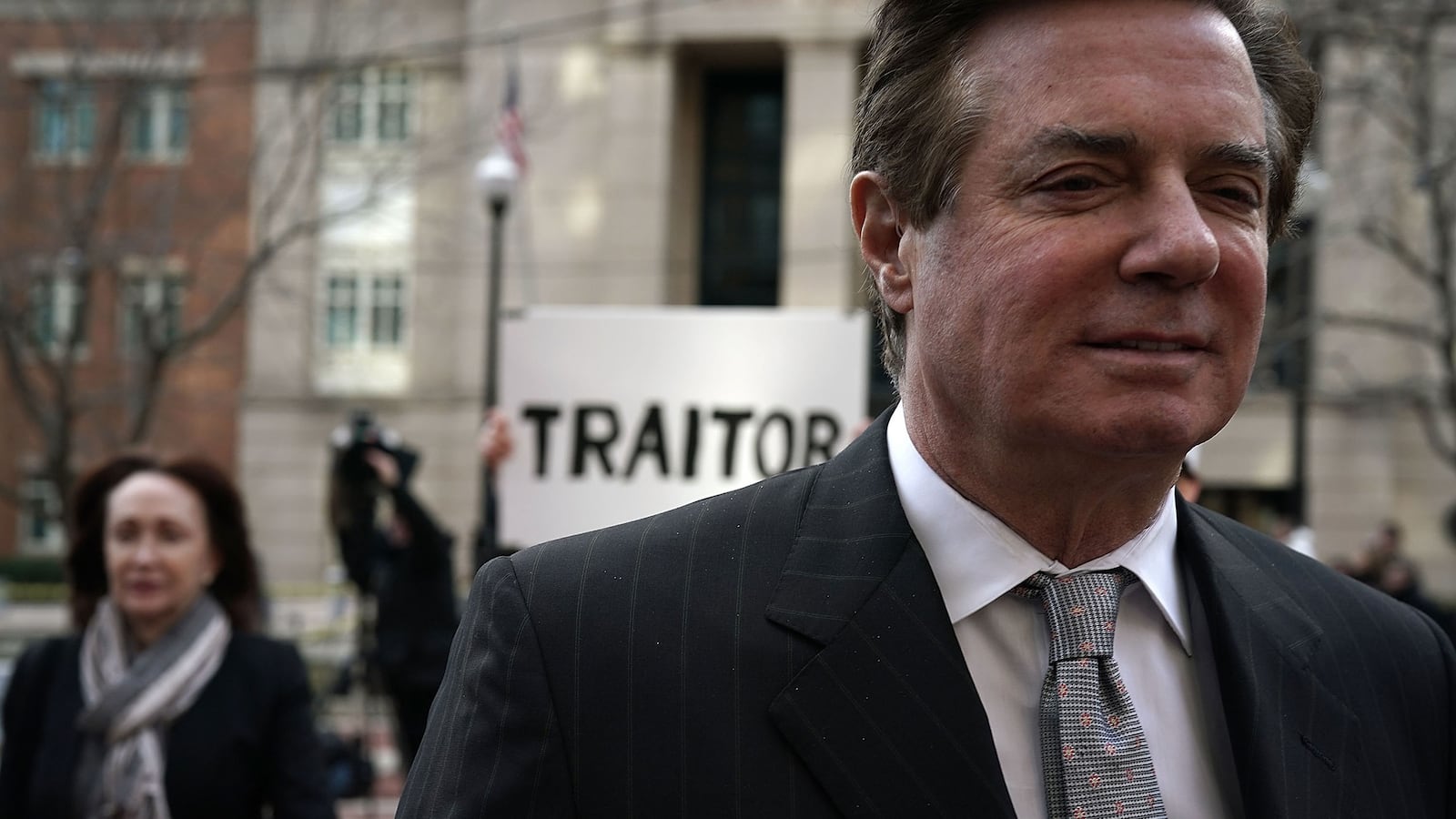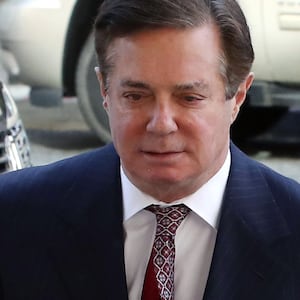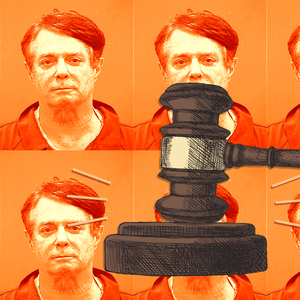Special counsel Robert Mueller is considering new charges against former Trump campaign chief Paul Manafort for allegedly lying to investigators after striking a plea deal.
Additionally, prosecutors are weighing the possibility of putting Manafort on trial for charges they had originally agreed to dismiss as part of the cooperation agreement.
Those scenarios emerged in a Washington courtroom Friday as both sides met for the first time since Mueller declared Manafort in breach of the deal and asked the judge to set a sentencing date. Manafort denies he was untruthful and argues the agreement, which calls for a reduction in sentence, should stand.
Prosecutors must submit a report to the court next Friday outlining why they contend the agreement was broken by Manafort so that the judge can rule on the matter. Then both sides will be given deadlines to file briefs ahead of a tentative new sentencing date of March 5.
Manafort was not in the courtroom Friday; earlier in the week he had waived his appearance, citing the hassle of being taken back and forth from jail.
In August, a federal jury in Virginia convicted Manafort on eight counts of financial fraud and deadlocked on 10 other charges. Facing a retrial on those and a separate trial for conspiracy and other crimes in federal court in Washington, he cut a deal with Mueller.
It included a cooperation agreement that dictated Manafort had to “at all times give complete, truthful, and accurate information and testimony, and must not commit, or attempt to commit, any further crimes.”
In exchange, some counts would be dismissed, and Mueller would ask for a lower sentence for the once high-flying lobbyist.
Then this week came the bombshell filing in which Mueller’s team declared that Manafort had breached the agreement by repeatedly lying to investigators in the Russia probe.
While Mueller didn’t say what Manafort lied about, the Wall Street Journal reported it centered on his business dealings with Konstantin Kilimnik, a former Russian intelligence officer who helped Manafort devise strategies to help elect Ukraine’s former pro-Russian prime minister.
Prosecutors said his alleged untruthfulness “relieves the government of any obligations it has under the agreement, including its agreement to a reduction in the Sentencing Guidelines.”
Manafort disagreed, with his lawyers writing that he “believes he has provided truthful information and does not agree with the government's characterization or that he has breached the agreement.”
But in light of the clashing viewpoints, both sides agreed to proceed toward sentencing, a process that involves prosecutors submitting a sentencing report which could hold major revelations.
The allegation that Manafort sabotaged his own deal left legal and political observers scratching their heads and some wondering if he was banking on a pardon from Trump, who has expressed sympathy for him.
And in an interview with the New York Post after Manafort’s deal with Mueller fell apart, Trump said that while he had not discussed the possibility of a pardon, it was “not off the table.”
Adding to the intrigue, the New York Times reported this week that Manafort’s attorney had been briefing Trump’s lawyers on his talks with Mueller’s team—even after Manafort had inked the cooperation agreement.
The arrangement was highly unusual and reportedly angered prosecutors who were initially unaware of the back channel.







